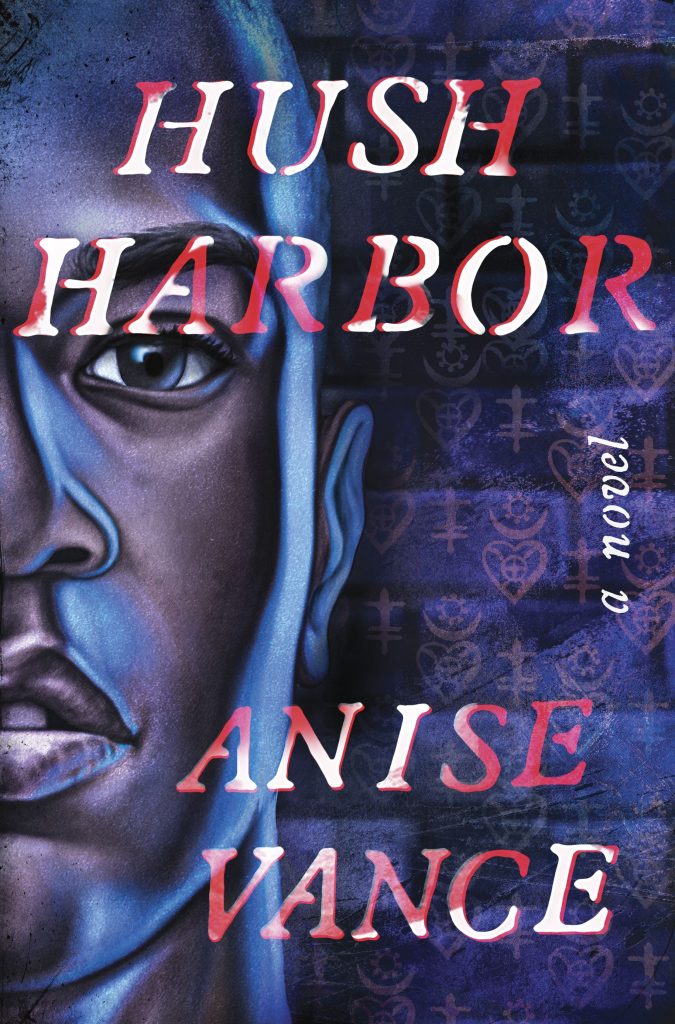By Terri Schlichenmeyer
In the past few years, you’ve carried your share of cardboard on sticks.
You’ve chanted, marched, and showed displeasure for something you’re passionate about, and you’ve walked miles to display your support for what’s good and decent. You have the absolute right to protest, but in the new book, “Hush Harbor” by Anise Vance, beware the signs.
Malik’s grandfather didn’t want him to go.

But how could he not? When a boy named Kemba was killed by a cop with white supremacist ties and nothing real was done about it, wasn’t it natural that anger might spill over? Who could blame activists for seizing an abandoned old bunch of government housing to create their own society? Who’d blame them for any of this?
Not Malik. In his core, he knew that going to what was now called Hush Harbor was the right thing to do. He could make a difference. And once there, he was happy to help Jeremiah Prince to lead the revolution.
When Jeremiah looked at his desk and saw a sea of paperwork, he was glad his sister, Nova, had brought Malik to his office. Jeremiah needed help to tame the documents, to ensure the activists were safe and fed, and to gather information about what was outside the perimeters. Malik was intelligent and watchful; he brought a lot to the cause – so did Nova, for that matter – although Jeremiah and Nova had very different ideas about how to move forward.
Jeremiah didn’t want to say why, but he was willing to take outside help. Nova wanted the revolutionists to be sustainably independent, without white influence or money. Both wanted to find the killer, the leader of the white supremacists, who was rumored to be hiding very near Hush Harbor’s barricades.
For Jeremiah, it was personal…
Right from the start, from its very first pages, “Hush Harbor” has a delicious, ice-down-your-spine foreboding that you can’t shake, as long as you have the book open. Nearly everything happens in the dark, in a storm, or underground, and that dystopian-Armageddon feel is on-point.
As for the story, well, that could be another matter.
This novel is taut, like walking a tightrope over flames, but it’s also very, very confusing. The characters are many, explanations for their presences are sometimes easy to miss, and ongoing dialogue is hard to determine when the word “said” is missing as much as it is here. There are some good twists in the tale, but they’re often lost in the complications. And just as you’re about to cheer for a revolution, the story dives into a dual romance. Heavy sigh.
Readers who are eager for a perfectly, finely-set apocalyptic novel and who can patiently tease out its nuances will probably enjoy “Hush Harbor.” Readers who aren’t prepared for a complex tale might have trouble sticking with it.




